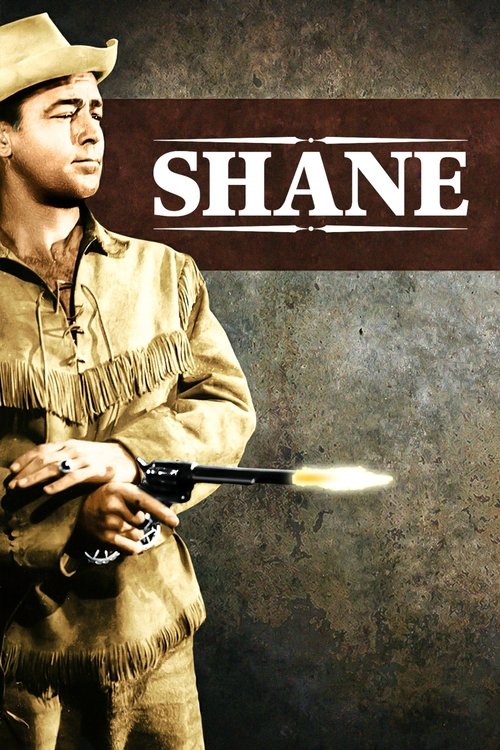
Title: Shane
Year: 1953
Director: George Stevens
Writer: A.B. Guthrie Jr.
Cast: Alan Ladd (Shane), Jean Arthur (Marian Starrett), Van Heflin (Joe Starrett), Brandon De Wilde (Joey Starrett), Jack Palance (Jack Wilson),
Runtime: 118 min.
Synopsis: A weary gunfighter attempts to settle down with a homestead family, but a smouldering settler and rancher conflict forces him to act.
Rating: 7.4/10